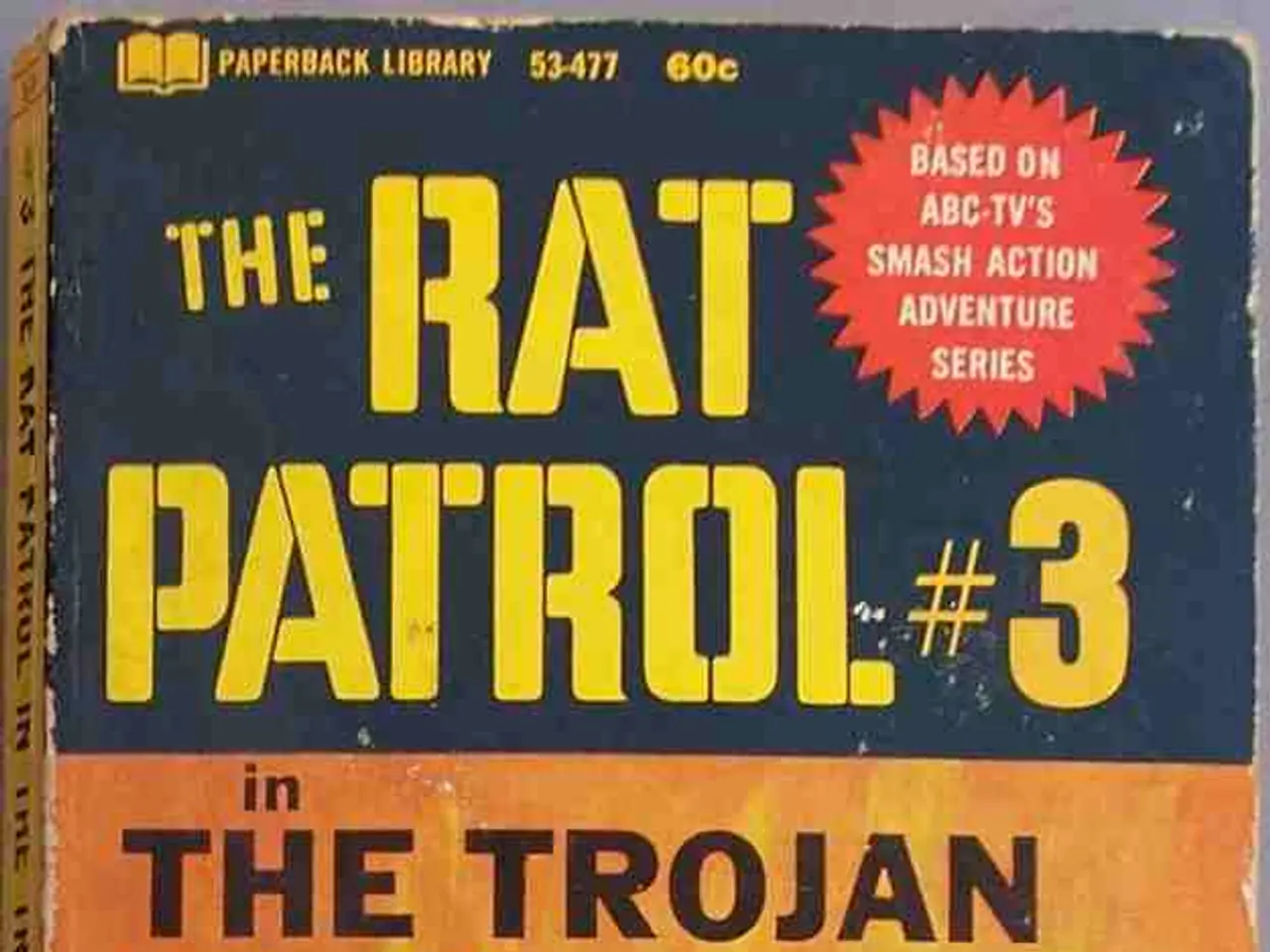Lawmakers Endorse Regulations for Pet Dog and Cat Wellbeing
Here's a fresh take on the European Parliament's new rules for dog and cat welfare:
Breaking news: The European Parliament (EP) has approved a groundbreaking proposal that lays down the EU's first rules regarding the well-being, creation, housing, and traceability of dogs and cats.
With a sweeping vote of 457 in favor, 17 against, and 86 abstentions, MEPs are advocating for the compulsory use of microchips and the mandatory registration of all dogs and cats in the EU. Moreover, they've called for a ban on the sale of dogs and cats in pet shops, as well as the registration of these animals imported for commercial and non-commercial purposes.
- Know what your furry friend needs in an emergency kit.
According to EU data, with 44% of citizens owning a pet, the trade in dogs and cats has surged in recent years and amounts to 1.3 billion euros annually. Notably, around 60% of owners opted to buy their pets online.
In the absence of harmonized rules on the well-being of dogs and cats across all Member States, the Commission proposed these new regulations on December 7, 2023. These new rules seek to address the exploitation and mistreatment of pets in the EU by establishing minimum standards.
To ensure the well-being of dogs and cats, the new rules ban breeding between close relatives, prohibit the separation of puppies and kittens from their mothers before they're eight weeks old (unless a veterinary justification exists), cap the number of litters per female, and outlaw breeding animals with excessive conformational traits that pose high risks to their welfare.
The new rules also outlaw mutilated dogs and cats, prevent animals from being used in shows, exhibitions, and competitions with detrimental traits, enforce basic welfare principles such as adequate nutrition, sufficient living space, and health care, and prohibit dogs or cats from being tied outdoors except for temporary veterinary reasons. The use of spiked or choke collars without safety stops is also outlawed.
The new rules also introduce microchipping for traceability, mandatory registration in national databases, and a ban on the sale of dogs and cats in pet shops to stop clandestine breeding farms and puppy mills. Additionally, the creation of a "positive list" of companion species is supported, potentially restricting exotic or dangerous species. These new rules represent the EU's first harmonized minimum standards for dog and cat welfare, aiming to improve animal well-being and curb irresponsible breeding and trade practices while balancing these goals with respect for responsible breeders and pet owners. [1][2][3][4]
1) The European Parliament's latest policy-and-legislation decision, concerning dog and cat welfare, includes the mandatory use of microchips and the mandatory registration of all dogs and cats in the EU.2) This political move, part of the general-news landscape, also entails a ban on the sale of dogs and cats in pet shops, as well as the registration of animals imported for commercial and non-commercial purposes, emphasizing the EU's commitment to addressing pet exploitation and mistreatment across the bloc.





